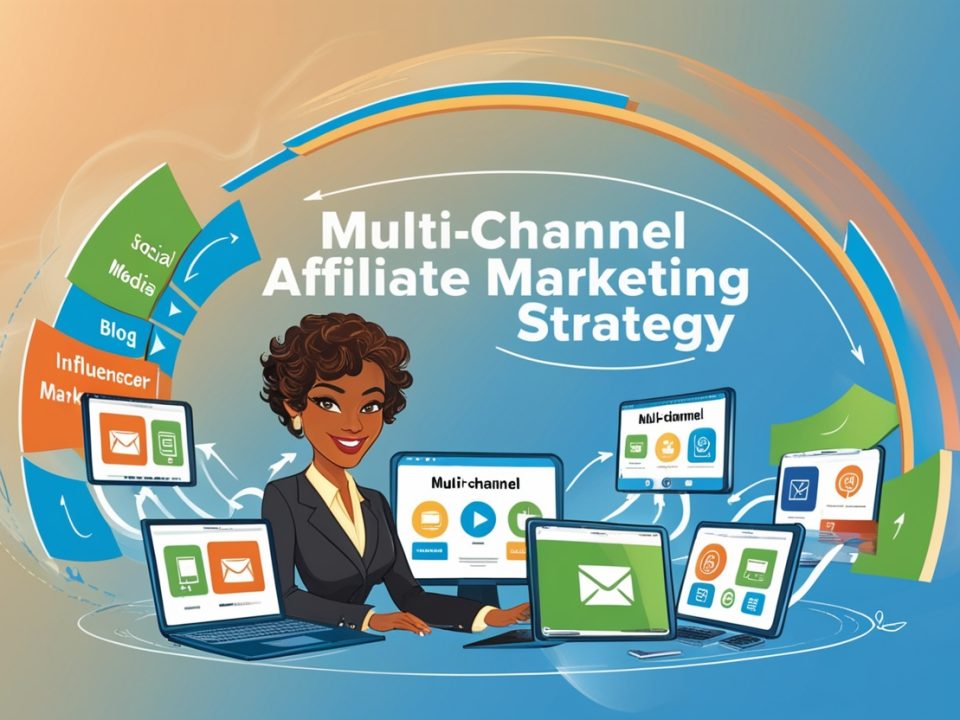When it comes to B2B email marketing, personalization is the key to success. Personalized emails have been shown to generate higher open and click-through rates, and ultimately lead to more conversions. In this article, we will explore the importance of personalization in B2B email marketing, and why it is crucial for businesses to implement personalized strategies in their email campaigns.
Why Personalization Matters
Personalization in B2B email marketing involves tailoring the content of your emails to meet the specific needs and interests of your target audience. This can include using the recipient’s name in the subject line or body of the email, segmenting your email list based on the recipient’s industry or job role, and sending targeted content that speaks directly to the recipient’s pain points and challenges.
Personalization matters in B2B email marketing for several reasons. First, it helps to build a stronger connection with your audience by showing that you understand their needs and are able to provide relevant solutions. This can lead to increased trust and credibility, making it more likely that recipients will engage with your emails and take the desired action.
Additionally, personalized emails are more likely to grab the recipient’s attention and stand out in a crowded inbox. By delivering content that is tailored to the individual recipient, you can increase the likelihood that they will open and read your emails, and ultimately take the desired action.
The Impact of Personalization on Email Engagement
Research has shown that personalized emails have a significant impact on engagement metrics. According to a study by Experian, personalized emails can generate six times higher transaction rates than non-personalized emails. In addition, the same study found that personalized emails deliver 29% higher open rates and 41% higher click-through rates compared to non-personalized emails.
These statistics highlight the importance of personalization in B2B email marketing, and the potential impact it can have on the success of your email campaigns. By delivering personalized content that speaks directly to the recipient’s needs and interests, you can significantly increase engagement and ultimately drive more conversions for your business.
Implementing Personalization in B2B Email Marketing
There are several strategies that businesses can use to implement personalization in their B2B email marketing campaigns. These include:
- Using the recipient’s name in the subject line and body of the email
- Segmenting your email list based on the recipient’s industry or job role
- Creating targeted content that addresses the recipient’s pain points and challenges
- Using dynamic content to deliver personalized recommendations and product offerings
By implementing these strategies, businesses can create more personalized and targeted email campaigns that are more likely to resonate with their audience and drive engagement and conversions.
Conclusion
Personalization is a critical component of successful B2B email marketing. By tailoring your email content to the specific needs and interests of your audience, you can increase engagement, build trust and credibility, and ultimately drive more conversions for your business. It is essential for businesses to embrace personalization in their email marketing strategies in order to stay competitive in today’s digital landscape.
FAQs
Why do we need personalization in B2B email marketing?
Personalization is important in B2B email marketing because it helps to build stronger connections with your audience, increases engagement, and ultimately drives more conversions.
How can businesses implement personalization in their email campaigns?
Businesses can implement personalization in their email campaigns by using the recipient’s name, segmenting their email list, delivering targeted content, and using dynamic content to deliver personalized recommendations.
What is the impact of personalization on email engagement?
Research has shown that personalized emails can generate higher open and click-through rates, as well as higher transaction rates, compared to non-personalized emails.




